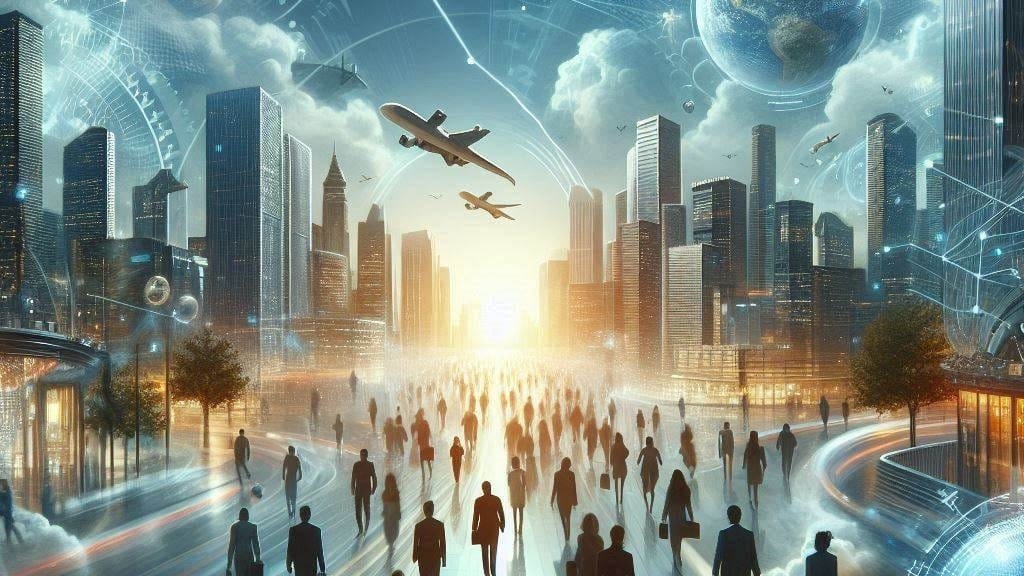The Impact of Global Events on Job Markets

Global events like pandemics, wars, economic shifts, and climate crises can reshape job markets in major ways. These changes affect everything from the types of jobs in demand to how and where people work. Understanding these impacts helps job seekers, employers, and governments make smarter decisions.
1. Pandemics and Health Crises
The COVID-19 pandemic is a clear example. It forced companies to rethink how they operate. Many jobs moved online, while others in tourism, hospitality, and retail took a big hit.
Impact on job markets:
- Remote work became common and even permanent in many sectors.
- Digital skills (e.g., marketing, software, cybersecurity) became more important.
- Healthcare and delivery jobs saw a big rise in demand.
- People started rethinking job security, work-life balance, and career choices.
2. Wars and Political Conflicts

Conflicts like the war in Ukraine or tensions in the Middle East have economic ripple effects. These often cause supply chain issues, migration, and rising fuel prices.
Impact on job markets:
- Energy and defense industries may grow.
- Jobs in conflict zones disappear or shift drastically.
- Migrant workers enter new countries, increasing the labor pool and competition.
- Governments may increase spending on local job creation to maintain stability.
3. Economic Crises and Recessions
Economic downturns like the 2008 financial crisis, lead to company closures, hiring freezes, and job losses.
Impact on job markets:
- Unemployment rises, especially in lower-skilled roles.
- Freelancing and gig work increase as people seek income alternatives.
- Government aid programs (like stimulus checks or unemployment benefits) temporarily support workers.
- Companies look for cost-effective labor, increasing outsourcing or automation.
4. Technological Disruption

While not always sudden, tech advancements (like AI, automation, and robotics) can cause global-scale shifts just like a major event.
Impact on job markets:
- Some jobs become obsolete (e.g., data entry, simple factory tasks).
- New jobs are created (e.g., AI specialists, digital marketers, UX designers).
- Workers need to reskill to stay relevant.
- Hybrid and remote jobs rise as tech enables better communication and workflow tools.
5. Climate Change and Natural Disasters
Climate issues and disasters like floods, wildfires, and droughts disrupt economies and industries.
Impact on job markets:
- Job losses in agriculture, tourism, and construction are common.
- Rise in green jobs (e.g., renewable energy, waste management, environmental engineering).
- Governments invest in climate resilience, creating jobs in infrastructure and disaster management.
What This Means for Job Seekers
Global events are out of your control, but how you respond to them isn’t. Here’s what you can do:
- Stay informed about global trends.
- Learn in-demand skills (digital tools, communication, adaptability).
- Be open to change consider remote work, new industries, or even relocation.
- Keep your resume updated and tailor it to new roles as needed.
Final Thoughts
Global events can shake the job market, but they also open new opportunities. While some roles disappear, others emerge. Being adaptable, proactive, and willing to learn is the best way to stay ready for whatever comes next.





